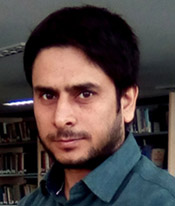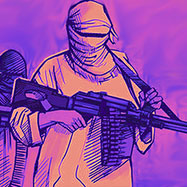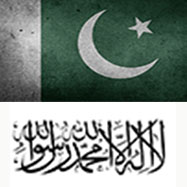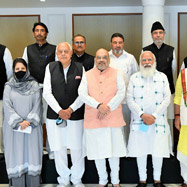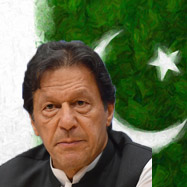Pakistan-Afghanistan Relations in Quandary: Lessons for Pakistan
Research Assistant, Dr Nazir Ahmad Mir’s article ‘Pakistan-Afghanistan Relations in Quandary: Lessons for Pakistan’ has been published by the International Center for Peace Studies, New Delhi, on 14 October 2023.
On the one hand, the terrorists of the TTP or of other groups, have started brazenly killing civilians, even not sparing religious gatherings by attacking mosques and even functions celebrating Prophet Muhammad’s birthday; on the other hand, the governing elite in Pakistan still seems unready to acknowledge that religious radicalism, thanks to their policy of using terrorism as an instrument, has emerged as the biggest security threat to their state, says Dr Mir.
Pakistan-#Afghanistan Relations in Quandary: Lessons for #Pakistan
By @MirNazir110
Pakistani security forces are unable to deal with a new wave of terror attacks, more because of the ambivalence in the country’s approach towards religious #extremism ....https://t.co/hlzP0hnZ33 pic.twitter.com/QWD7liEewt— International Centre for Peace Studies (ICPS) (@ICPS_Official) November 24, 2023
- Published: 14 October, 2023





